Less Talk More Fishing T-Shirt
$27.99 Original price was: $27.99.$19.99Current price is: $19.99.
Category: Shirt
Tag: Less Talk More Fishing T-Shirt
If you’re an experienced screen printer looking for a unique effect, we recommend trying out a technique called burn out printing Less Talk More Fishing T-Shirt . Essentially, an acid chemical is applied to a garment, which removes any natural fibers, such as cotton, leaving behind only synthetic fibers, like polyester. Depending on the fabric content and weight of the T-shirt, the print will look a bit sheer or, in some cases, leave the dyed synthetic fibers behind.
Less Talk More Fishing T-Shirt, hoodie, sweater, longsleeve and ladies t-shirt

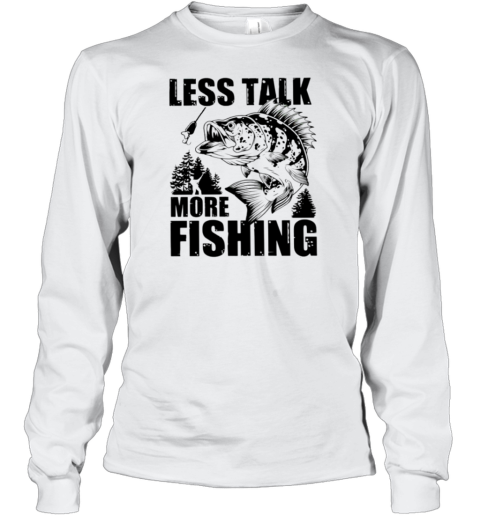
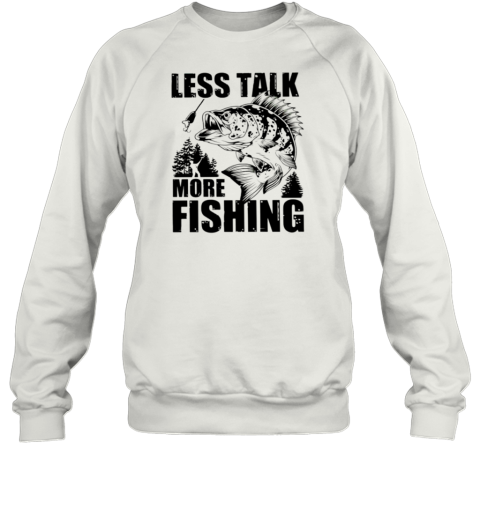


We teamed up with Michael over at DTLA Print to see how two of our blends worked with burn out printing Less Talk More Fishing T-Shirt . We applied this technique to several Heather CVC fabrics as well as a few Triblends. Since our Triblend material is only made of up 25% cotton (vs. our heathers, which are 52% cotton), the results were a bit less sheer. The process for burn out printing is basically the same as a screen print. The only difference is you’re not using traditional ink, but instead an acid chemical. With that in mind, we recommend this technique to more experienced printers, since you have to be extremely careful working with those types of chemicals. Once the chemical is applied through a screen, the garment will need to go through the dryer at 300 degrees F about four to five times in order to activate the chemical. You will be able to see when the chemical is activated once the print looks like a dark brown color. The color you see is literally burned cotton. You’ll then need to wash the garment to remove all the burned cotton, leaving behind just the synthetic fabric. As for the artwork, since fibers are literally removed from the garment, you’ll need to be careful that the design works when it’s sheer. As Michael mentioned in the video above, thinner lines work best. A design that is too solid simply won’t work because then the material will become too thin. It’s also important to make sure the artwork isn’t over any areas on a tee that you wouldn’t want to be sheer (i.e. chest). Michael also recommends that you do extensive testing before printing over any seams, in case the garment is sewn together with a cotton thread. We’re curious how many of you have tried this effect before. Head over to our YouTube channel and leave a comment on our video letting us know what you think!
You Can See More Product: https://newshirtstore.com/product-category/trending/













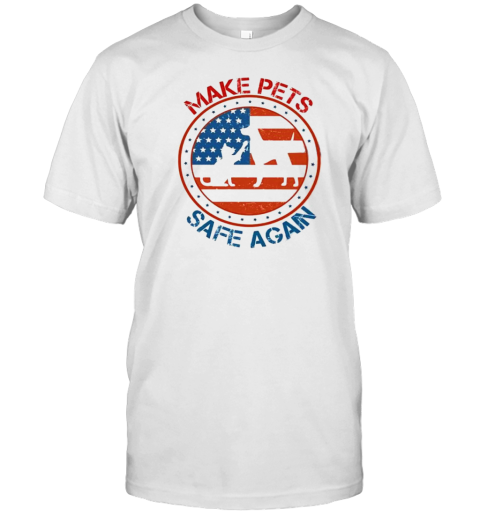
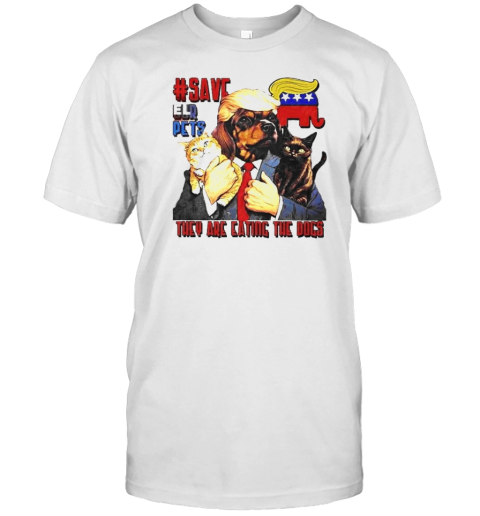
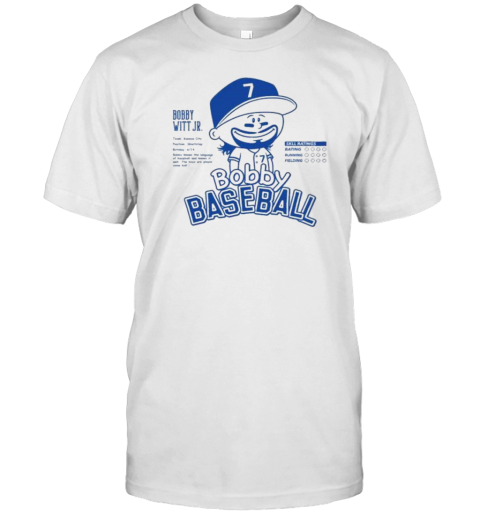
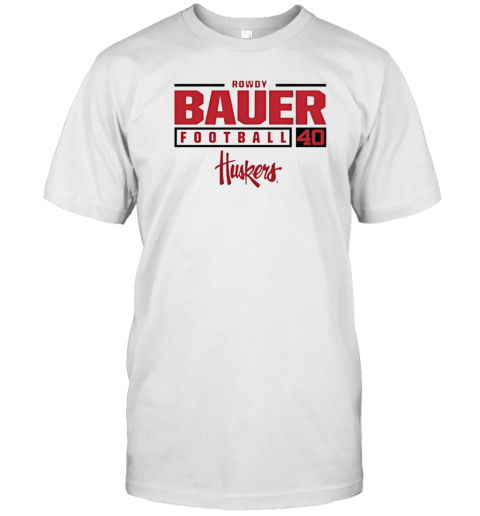
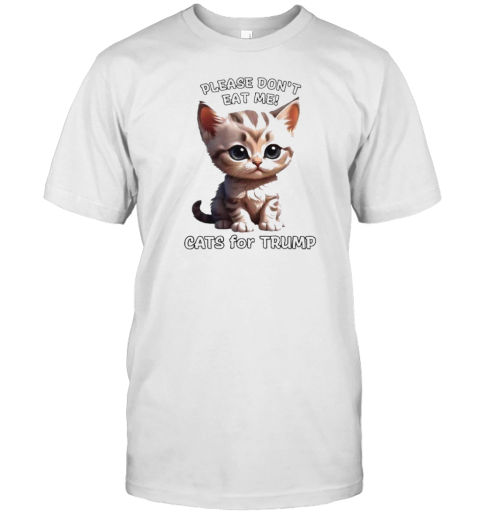

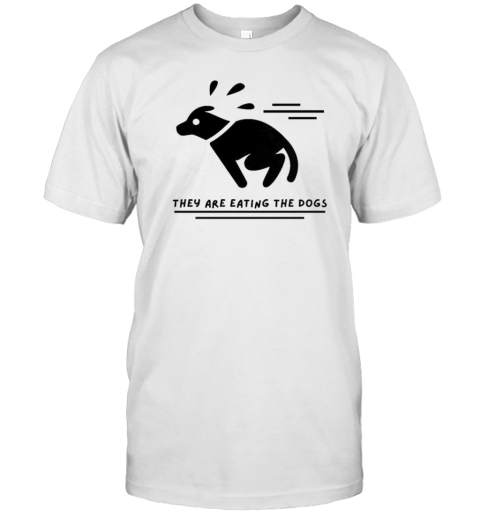
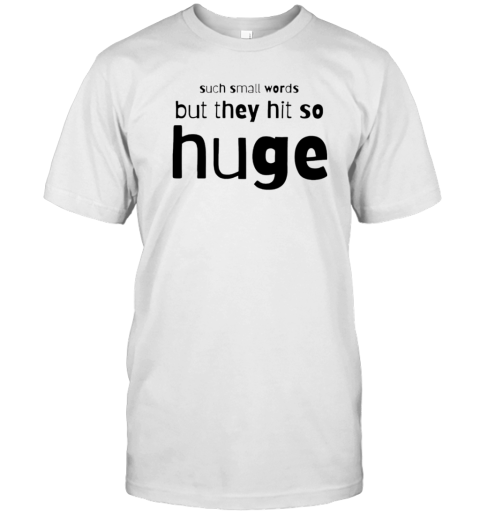
Reviews
There are no reviews yet.